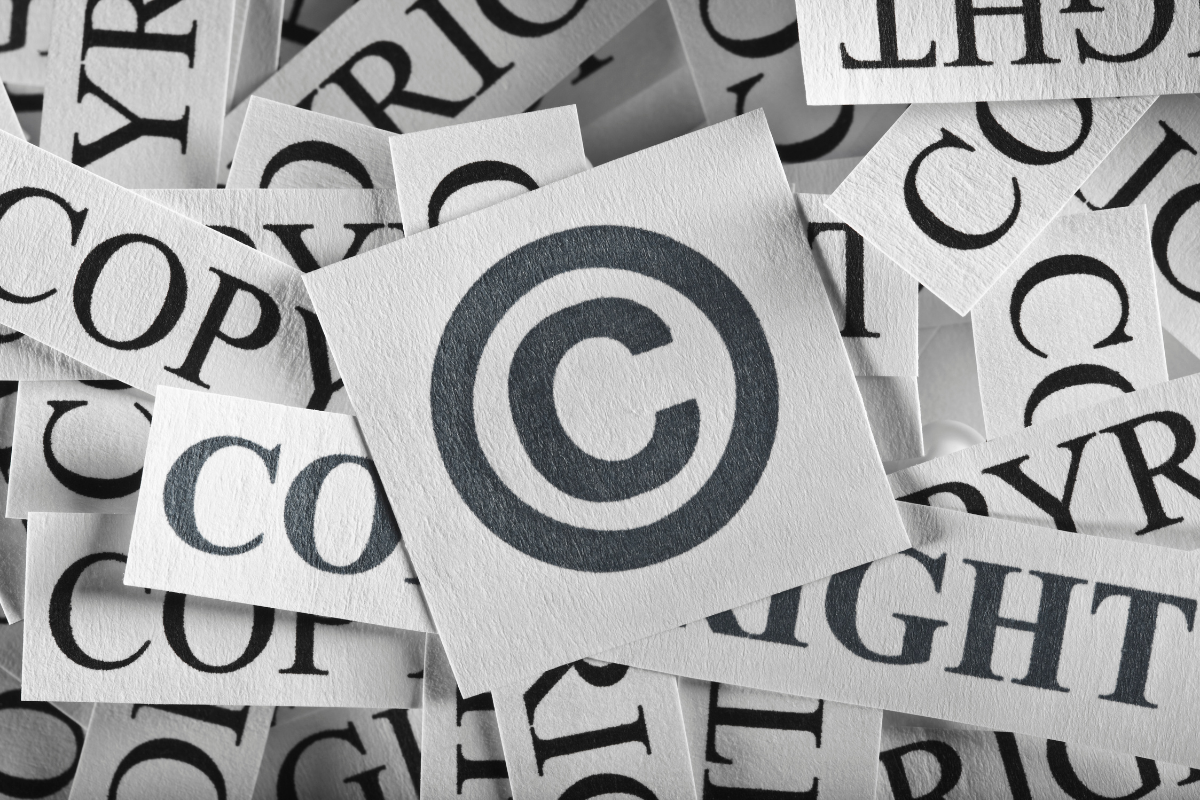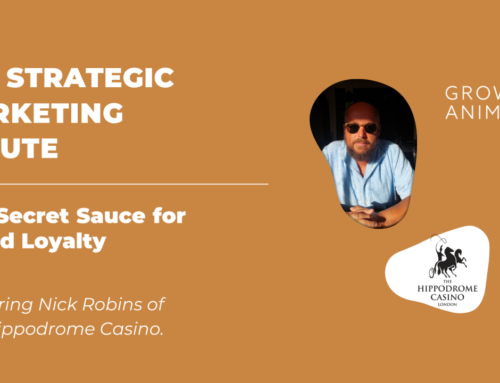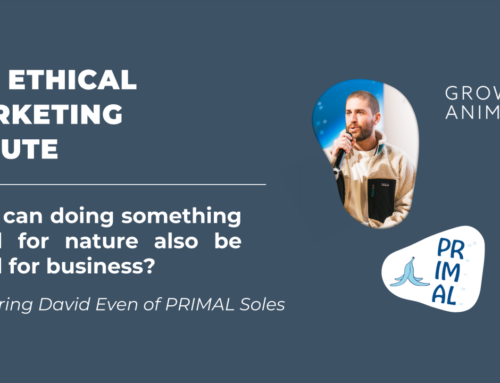5 growing ethical issues in online marketing you need to be aware of
1 min read

It is no secret that the digital world has changed how we do business. We are now able to engage with current and potential customers on a global scale, which can be both exciting and confusing. Online marketing is part of this digital revolution; it’s an integral tool for any company that wants to succeed in today’s marketplace.
But there are many ethical issues in online marketing which you may not have really thought about. So here are some things you need to know before committing to an online marketing campaign.
Today, ethical issues in online marketing are becoming more widely discussed and scrutinised. Social media has become a major ethical issue in business and can damage a company’s reputation if not handled correctly.
However ethical issues aren’t just limited to social media; there are many aspects of digital marketing that should be considered ethical. Here we list the top 5 ethical issues in online marketing that you need to be aware of before engaging with any ethical online marketing campaign.

1. Consumer privacy
Online marketing has become so successful because it allows companies to target their advertising based on certain demographics.
With the use of cookies and online tracking, search engines are able to gather information about a person including where they live, how old they are and their interests.
This information is then used by online marketers to sell products and services directly to consumers. But what happens if a company gets hold of this information without consent? What rights do the consumers have over the ethical data collected? Privacy policies for all ethical methods of online marketing should always be made clear before any consumer interacts with an ethical digital marketer.

2. Copyright infringement
Everyone understands the importance of copyright law, but ethical issues in online marketing are being constantly challenged. Take for example ‘Google bombing’ which is an unethical technique aimed at increasing a specific website’s ranking on Google searches by linking the site’s content to another site which constantly comes up high in search rankings.
Copyright infringement can be highly damaging to any campaign.

3. Personal information security
The ethical way for companies to handle customer data is clear; take care of the personal information given to you by consumers, ensure it remains secure and never disclose any details without consent. But what happens when a company gets hacked? Hackers have become increasingly sophisticated at breaching measures put in place by ethical marketers.
Typically, hackers access the website through a vulnerability in the server’s hosting system which allows them to gain access to private information stored on that server or similar servers. They then use this data illegally to try and capture more details through phishing campaigns, such as card and bank details.
It is important to follow strict rules on securely storing personal information.

4. Advertisements on ethical websites
Many online marketers choose to advertise products and services through ads on third-party websites.
Marketers may use a third-party to place their ads across websites, but need to be mindful of how well that website aligns with the company’s ethics and values.
Professional looking ads are also key in ensuring ethical online marketers get their message across ethically.

5. Using social media influencers
A social media influencer is someone with a large following on social media platforms such as Twitter, Facebook and Instagram for example, who has the ability to influence many consumers in purchasing goods or services.
There have been many examples of social media influencers promoting products to their following without explaining that they have been paid to do so. This impacts the effectiveness and authenticity of a campaign so you need to consider how ethical it is to use ethical influencers who will be transparent about any ethical agreements they may have entered into.
The growing ethical issues in online marketing should not discourage ethical marketers from promoting ethical products and services through ethical means. These 5 ethical issues are ones that ethical marketers need to consider before launching an ethical campaign that can help establish trust between themselves.
Ready to start shaping your brand?
There is, of course, so much more that goes into creating a brand identity, but we’ve hopefully got your brain whirring. Here at Growth Animals, we’re in the business of growing brilliant brands, so if you’d like some more help, pop us an email: [email protected]




